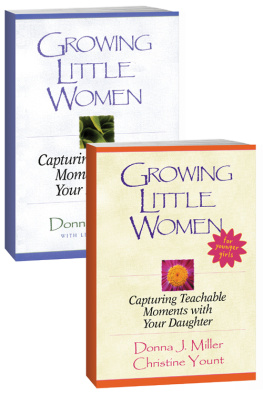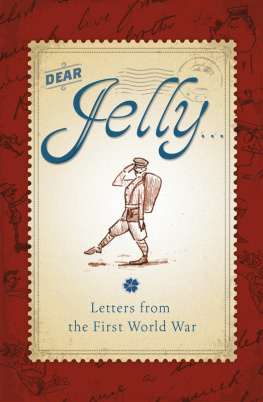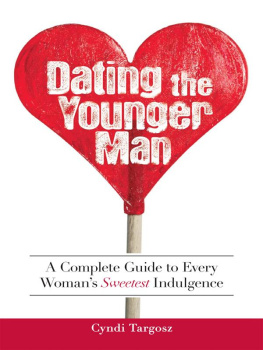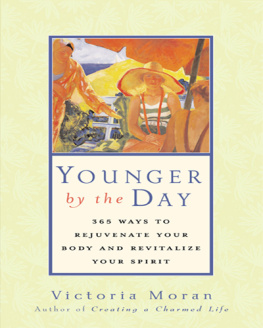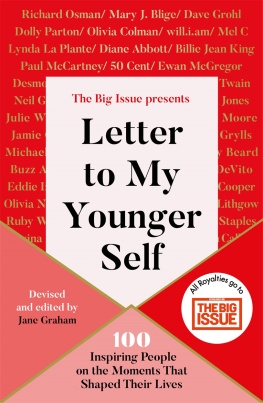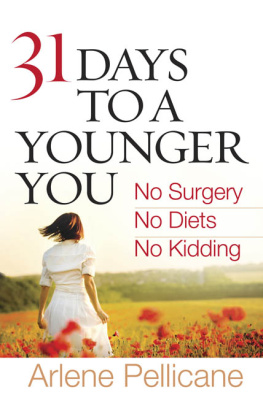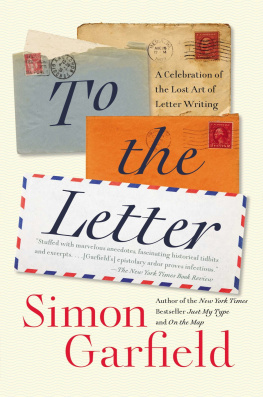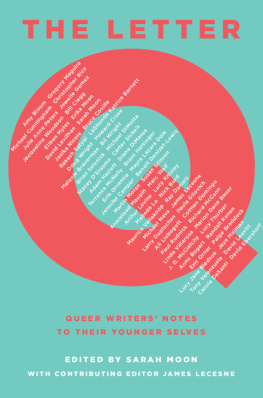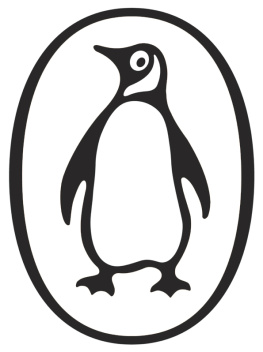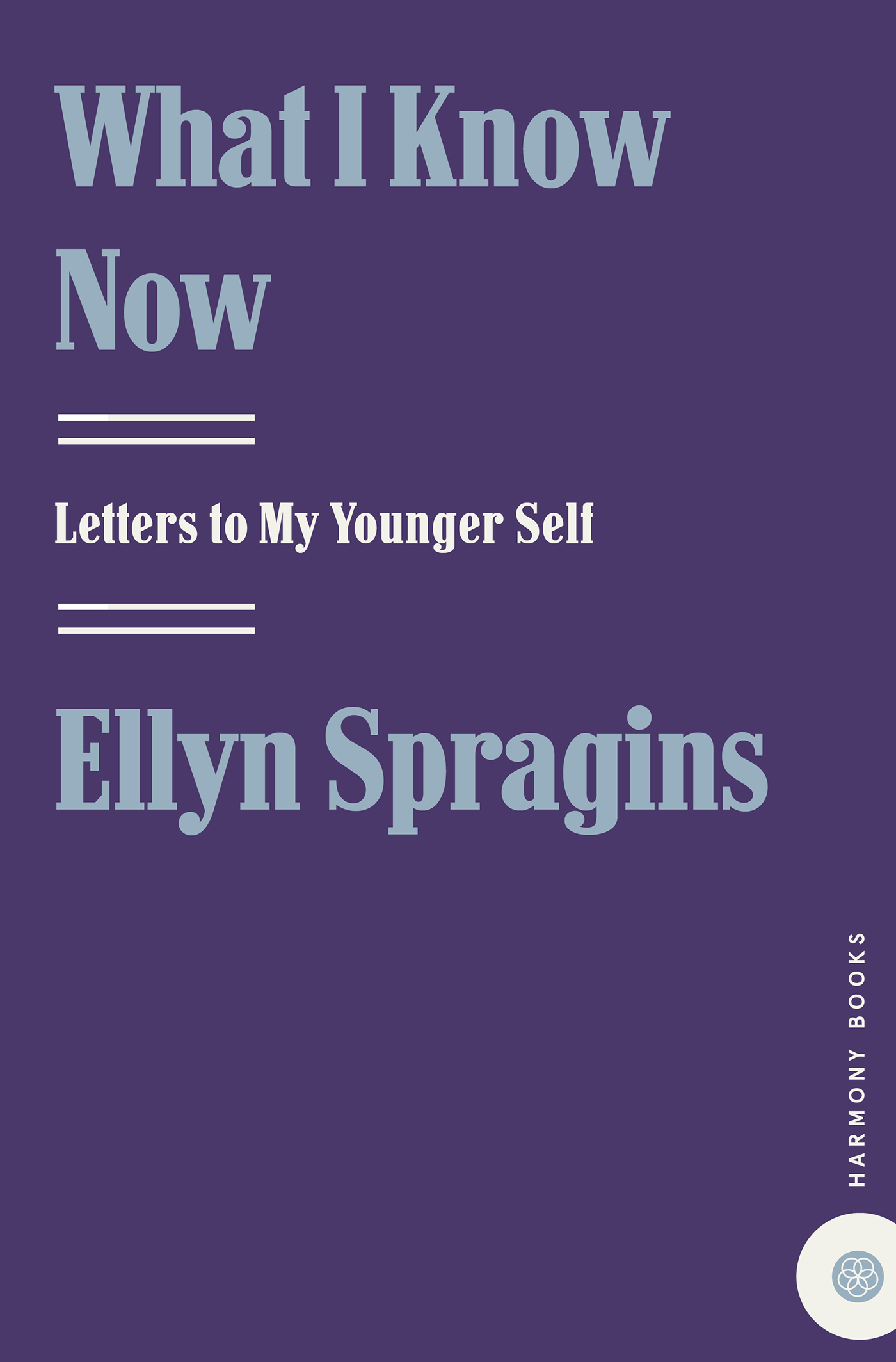
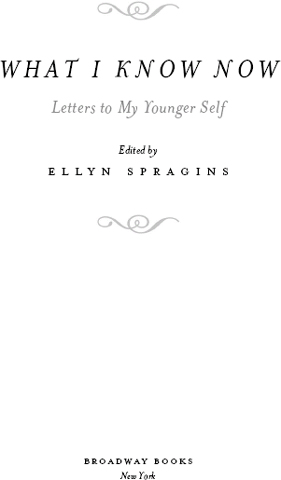
CONTENTS

For John Witty, whose
steadfast belief means everything
ACKNOWLEDGMENTS

Among the many people who supported, inspired, and encouraged me as I wrote this book, I must first thank the women whose letters appear here. They were generous in making time for this project and courageous in being willing to expose their unglamorous moments. I salute them.
It would have been impossible to create What I Know Now: Letters to My Younger Self without the invisible machinery of my contributors assistants, agents, and publicists, who patiently scheduled interviews, supplied photos, and followed up upon numerous details. I thank them all, particularly Jamie Smith, Ed Flathers, Bonnie Kramen, Jodi Reamer, Traecy Smith, Amber Williams, Sue Dorf, Kenton Edelin, Nicole Carey, Lee Gross, Kim Tinsley, Annie Whitworth, Trish Hughes, Fran Berry, and Heather McGinley.
Im enormously grateful to Samantha Peitler, the steadiest, most resourceful assistant I could have asked for. Sam, thank you from the bottom of my heart.
New ideas are fragile things. I had the good luck to encounter Dawn Raffel, at O, The Oprah Magazine, who liked my idea well enough to publish the first letters in an article. My thoughtful, savvy agent, Debra Goldstein of the Creative Culture, embraced this project with wonderful enthusiasm and made me feel I could do anything. Im glad youre in my corner, Debra. Kris Puopolo, already an editor of best-selling and award-winning authors at Doubleday Broadway, is a talent who will shape many more groundbreaking books. I feel lucky to have her as an editor. Beth Haymaker, also at Doubleday Broadway, weathered my cranky days with unfailing cheer.
Reaching out to the women in this book was possible because so many friends and acquaintances offered their assistance. I cant say how much this meant to me. I hope I can be as helpful to you someday, Susan and Tommy Thompson, Sara Nelson, Karen Oman, Barbara and Dennis Stern, David Whitford, Lynne Tapper, Joyce Roche, Rosemary and Larry Ward, Hank Gilman, Lindsay Scott, Mason Hoeller, Ed Gubman, Ann Price, Susie Bidel, Wendy Walker, Shelby Scarbrough, Nanci Morris, Bob and Robin Carey, John Sivright, Gaye Torrance, Ken Lehman, and Trish McEvoy.
The enterprising Sue Cooper conducted a key interview. Im grateful for your persistence and speed, Sue.
To Chris Miles, my guru and champion from way back, bless you for a key piece of constructive criticism and for your big heart. My sincere thanks to Dan Goodgame, managing editor of Fortune Small Business, for kindly granting me a book leave at an inconvenient time. Thank you for your sharp eye, Ellen Cannon.
The March 12th Book Club is a rare group of perceptive and loyal friends, and their insights and high expectations sustained me. How lucky I am to be bound to Tricia Tunstall, Emily Zacharias, Barbara Stern, Lisa Burrows, and Susan Thompson. My thanks to Dottie Serdenis, Ouidad Wise, and Janet Bamford, who listened to more details about this project than they could possibly have wanted to know. Thanks too, to Wally Konrad, Mary Clark, Rick Melcher, Katie Bliss, Sarah Bartlett, Josh Hyatt, and Karen McClean for their interest and support.
Im blessed with a family that roots for me in every endeavorespecially this one. Betsy, John, Jodi, Brook, Chuck, Vania, Cricket, Thomas, and Cenayou guys are the best. I owe a special note of gratitude to my father, Pete Spragins, for his example of lifelong optimism and open-mindedness. My kids, Keenan and Tucker, helped give me the impetus to start this book and cheered me on when the going was rough. The steady confidence of my husband, John, helped keep my vision fresh and full of promise.
INTRODUCTION

If you could somehow postmark a letter back through time to your younger self, what age would you choose and what would the letter say? This is the question I asked dozens of extraordinary women. Some of the most creative, powerful, and famous women of our day were intrigued enough by this question to spend time with me as I helped each woman focus on the crucial moment in the past when she could have most used the understanding she now possesses. What I Know Now: Letters to My Younger Self contains their heartfelt responses to my question and shares wisdom that exceeded my greatest expectations.
I sought the insights of these remarkable women for a very simple reason. I miss my mother. She died in a plane crash when I was thirty-two. This was the first tragedy that ever befell my fortunate family and it seemed like an astonishing, theatrical mistake. Mom? Dead at sixty? On a plane headed to her great-aunts funeral?
Before my father finished the sentence, There were no survivors, I sat up in bed, back perfectly erect, as if his voice contained an electrical current that had propelled me up and forward. In the same instant, I felt something else move forward. An invisible skein, so intricately threaded through my skeleton that I had never known it was there, seemed to rip itself out of my body and float away. I felt the departure of my mother first in my bones and sinews, which seemed hollow after that ethereal netting drifted off and dissolved in the dark Chicago night.
I know that my tragedy is a small one among the worlds too-abundant supply of heartbreak. Indeed, in time I began to understand how richly indulged I was to have had a mother like mine for so long. She was loving, kind, loyal, with a large, lovely smile she wore often. Her name was Joyce.
But understanding that I was lucky didnt lessen the pain of her absence. As the years went by, I felt new grief as my own life gave me a context for hers. I lost my mother at thirty-two. She had lost hers at twenty-one. I had an ectopic pregnancy and lost a fallopian tube before adopting my daughter and getting pregnant with my son. She had suffered five miscarriages before having five children. As I navigated clumsily, painfully, and joyfully through lifes passages, my appreciation for her and the way she conducted herself grew. But I felt a fresh, sharp stab of yearning each time she was not there to be my mother when I badly wanted mothering.
This book grew out of those moments. After the childish need for mothering passed, curiosity would remain. How had Mom handled this situation, overcome that obstacle, made peace with disappointments and betrayals? It wasnt just her advice that I wished for, though I think I would have welcomed it. I wanted to know what she thought and felt about key moments in her lifewhen they occurred and also what she would have thought today, when she could have used her lifes wisdom to look back and reflect. What did she wish she had done, or wish she had not done? What would have seemed important to her now that seemed unimportant at the time? I wanted to see the underpinnings of her lifethe joists, frame, and foundation, and how they were put together.
Then I realized that I didnt have to yearn for what was impossible. Every woman has struggles, regrets, what ifs, and, as a result, wisdom to share. I could ask other women whom I respect and admire. That was the seed of this project, a gift to myself, and from an article in
Next page

